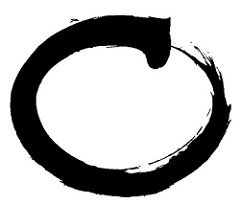Victor Marie Hugo (26 February 1802 – 22 May 1885) was a French poet, novelist, and dramatist of the Romantic movement. He is considered one of the greatest and best-known French writers. Outside France, his best-known works are the novels Les Misérables, 1862, and The Hunchback of Notre-Dame (French: Notre-Dame de Paris), 1831. In France, Hugo is known primarily for his poetry collections, such as Les Contemplations (The Contemplations) and La Légende des siècles (The Legend of the Ages). He produced more than 4,000 drawings and also campaigned for social causes such as the abolition of capital punishment.
Though a committed royalist when he was young, Hugo’s views changed as the decades passed, and he became a passionate supporter of republicanism; his work touches upon most of the political and social issues and the artistic trends of his time. He is buried in the Panthéon in Paris. His legacy has been honoured in many ways, including his portrait being placed on French currency.
Victor Hugo
Laughter is the sun that drives winter from the human face.
Life is the flower for which love is the honey.
Love is a portion of the soul itself, and it is of the same nature as the celestial breathing of the atmosphere of paradise.
Music expresses that which cannot be put into words and that which cannot remain silent.
There is one thing stronger than all the armies in the world, and that is an idea whose time has come.
What I feel for you seems less of earth and more of a cloudless heaven.
When grace is joined with wrinkles, it is adorable. There is an unspeakable dawn in happy old age.
